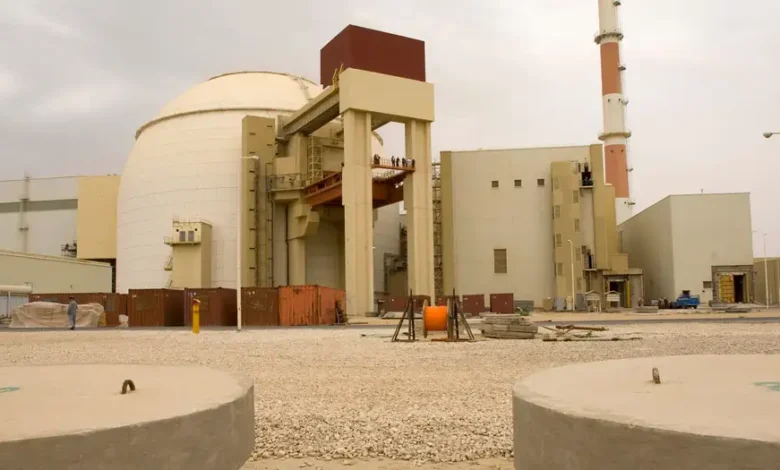IAEA says, Iran in breach of nuclear non-proliferation obligations for first time in nearly 20 years

The International Atomic Energy Agency (IAEA) has formally condemned Iran for failing to meet its nuclear non-proliferation obligations, marking the first such censure in almost two decades. The move signals growing international concern over Tehran’s nuclear activities and may pave the way for the reimposition of United Nations sanctions.
The resolution, drafted by the United States, United Kingdom, France, and Germany, was adopted by the IAEA’s 35-member Board of Governors today (Thursday), with 19 votes in favor, three opposed (Russia, China, and Burkina Faso), 11 abstentions, and two non-voters, according to DW.COM
The resolution criticizes Iran’s failure to provide “full and timely cooperation” with IAEA inspectors, particularly in relation to undeclared nuclear materials and suspicious activities at multiple undeclared sites since 2019. According to the resolution text seen by Reuters, this behavior constitutes a “non-compliance” with Iran’s Safeguards Agreement with the agency.
In a sharp rebuke to the resolution, Iran announced plans to escalate its nuclear program. In a joint statement, the Iranian Foreign Ministry and the Atomic Energy Organization of Iran said the country would open a new uranium enrichment site, and upgrade centrifuges at the Fordow nuclear facility, one of the most sensitive installations in the country.
“Iran has no choice but to respond to this political resolution,” the statement said.
The IAEA’s latest report, released in late May, highlighted the discovery of uranium traces at four undeclared sites. It concluded that at least three of those sites were part of a covert nuclear program active until the early 2000s and involved undeclared nuclear materials. These findings intensified suspicions that Iran had once pursued nuclear weapons capabilities, despite having officially suspended such efforts in 2003.
The new resolution adds pressure on Iran amid the continued unraveling of the 2015 Joint Comprehensive Plan of Action (JCPOA) — the landmark nuclear agreement Tehran signed with world powers. The deal has imposed limits on Iran’s nuclear program in return for sanctions relief but began to unravel after the United States withdrew in 2018 under then-President Donald Trump.
Since then, Iran has steadily scaled back its compliance with the deal, including increasing uranium enrichment levels and restricting IAEA monitoring.
Today’s (Thursday) resolution heightens the risk of renewed tensions between Iran and the West, potentially leading to the reimposition of UN sanctions later this year. The situation remains volatile, with diplomatic efforts to revive the JCPOA largely stalled and Iran taking an increasingly confrontational stance.












